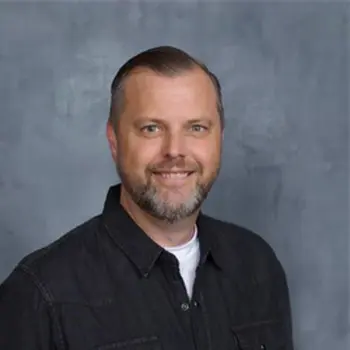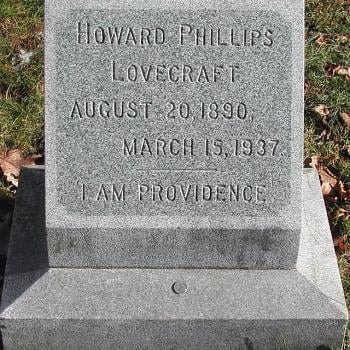It makes sense. If farmers can grow their own food, then there's no need to cart it to them from across the world, which is much more costly in terms of money, human suffering, and human dignity. And as horrific as this current crisis may be, it also proves that agricultural investment works. Tigray, Ethiopia was Ground Zero for the 1984-85 famine that killed hundreds of thousands, but after years of agricultural development, it is not experiencing anything like the disastrous suffering other parts of Africa are undergoing now.
America's Feed the Future initiative—if properly funded—thus offers a chance to break this cycle of hunger, poverty, and human suffering, and if we needed a concrete reason to support it, this could be it: it is more economical and much more humane than waiting for disaster to strike again and again.
Finally, there is the theological imperative. Looking at the Abrahamic faiths, we find a number of calls to help the poor built into the fabric of daily practice. Christians, in particular, look not only at the Hebrew tradition of charity, but also at Jesus' insistence on feeding the hungry and the early Church's ethic of caring for all, with the more well-to-do giving up their wealth for the well-being of the whole body.
But many of these Judeo-Christian imperatives seem to deal with people in one's own faith community or society. Even the strangers the Lord God loves and commands the Hebrews to care for in Deuteronomy 10 seem to be those aliens who reside among them, as they themselves were aliens in the land of Egypt. Why should we care for aliens we will never meet, people who exist in our minds largely as a theoretical concept?
Because, as the Baptist preacher Martin Luther King, Jr. said in his Letter from Birmingham Jail,
I am cognizant of the interrelatedness of all communities and states. I cannot sit idly by in Atlanta and not be concerned about what happens in Birmingham. Injustice anywhere is a threat to justice everywhere. We are caught in an inescapable network of mutuality, tied in a single garment of destiny.
As Anglican priest John Donne also understood, because we are all Children of God we are all related, and none can stand separate from the suffering of another. He wrote late in a life marked by his own suffering that
No man is an island, entire of itself; every man is a piece of the continent, a part of the main. If a clod be washed away by the sea, Europe is the less, as well as if a promontory were, as well as if a manor of thy friend's or of thine own were: any man's death diminishes me, because I am involved in mankind, and therefore never send to know for whom the bells tolls; it tolls for thee. . . .(Meditation 17, Devotions upon Emergent Occasions)
Whether that suffering is under my nose—or around the world—it is still suffering, and it still should have an impact upon me. I am called by Jesus, who sought to alleviate suffering and who reached out to those who were lowly and despised, to do the same. And just as I will have to draw breath as long for as I live, I am supposed to serve others so long as I live and breathe.
You always have the poor with you.
So our responsibility and our joy must be always to reach out to the least of these, and to do whatever we can to help.





